Auto Glass Repair & Replacement FAQs
OEM Windshields Backed By Our
Lifetime Warranty!
When I need a repair, who do I contact first: my insurance agent or the Auto Glass repair facility?
Call us first. We are experienced in working directly with insurance companies. Our experts will verify your coverage, file the claim and handle all the necessary paperwork.
Do I have to go with the auto glass repair facility recommended by my insurance company?
The laws protect a customer’s freedom to choose their own repair facility. Insurance companies are not permitted to dictate which auto glass shop you use. If your insurance company tries to force you into using their “preferred” auto glass repair, this is called steering. It is against the law.
What Is the Insurance Deductible?
It is important to know the deductibles (out-of-pocket costs that must be paid before insurance starts paying) associated with your insurance policy. You may have one deductible for “comprehensive” and a different deductible for “collision”. Auto glass services like rock chips and windshields are usually covered under “comprehensive”. Knowing the deductible will help you decide whether it is best to make an insurance claim or to pay for the repairs yourself. For example if a new windshield is $275 and your deductible is $100, then you will pay $100 out of pocket and your insurance will pay the remaining $175. However, if your deductible is $500, then your repairs will not quality for insurance payment and you will end up paying the entire cost.
Will I be penalized by my insurance company for making a windshield repair or other auto glass claim?
Insurance companies have recognize that auto glass services like rock chip repairs, etc. are usually not the fault of the driver. Most insurance companies will not penalize you or your premiums for this type of claim. In fact, many insurance companies will waive your deductible if you choose to repair your windshield instead of having it replaced. Check with an Auto Glass specialist about your insurance. We can work with the insurance company to determine your benefits and to submit the claim on your behalf.
What if my car insurance only covers liability?
Auto glass services are not typically covered under a liability insurance policy. We offer competitive cash prices to those without comprehensive insurance and we accept a variety of payment methods.
Will my insurance companies waive my deductible if my windshield is repaired rather than replaced?
Most insurance companies cover 100% of windshield repair costs and do not require a deductible. It is always best to confirm this with your insurance company before ordering a repair. Talk to one of our Auto Glass Specialists, they will be happy to find out how your specific insurance company handles windshield repairs.
Repair vs. Replacement – How do I decide?
A repair technician can inspect the damaged areas to determine whether repair or replacement is needed. Many glass chips, dings and cracks in the windshield may be repairable. If the break is large or if it is located in the driver's line of vision, we may recommend replacement.
What does the windshield have to do with safety?
The windshield of your car does more than keep the wind, rain and bugs off you while you drive. It provides a backdrop for the airbags to help ensure that they inflate properly. It also provides 60% of the strength to the roof and helps prevent the roof from caving in during a rollover accident.
What's the difference between my windshield and the other glass in my car?
Auto glass manufacturing has evolved over the past hundred years to incorporate important safety features. Windshields are made of “Laminated Glass” not ordinary window glass. They are formed from two pieces of glass with a layer of vinyl in between. This helps the windshield stay intact in the event of a collision. The side and rear windows are usually made of tempered glass, which has been treated to make it much stronger than other glass of the same thickness. If it breaks, it should shatter into small pieces rather than shards. In recent years, vehicle manufacturers have started using laminated windshield-type glass for side windows in some vehicles to improve sound insulation and strength.
Ready To Schedule Your Auto Glass Service in Sarasota?

